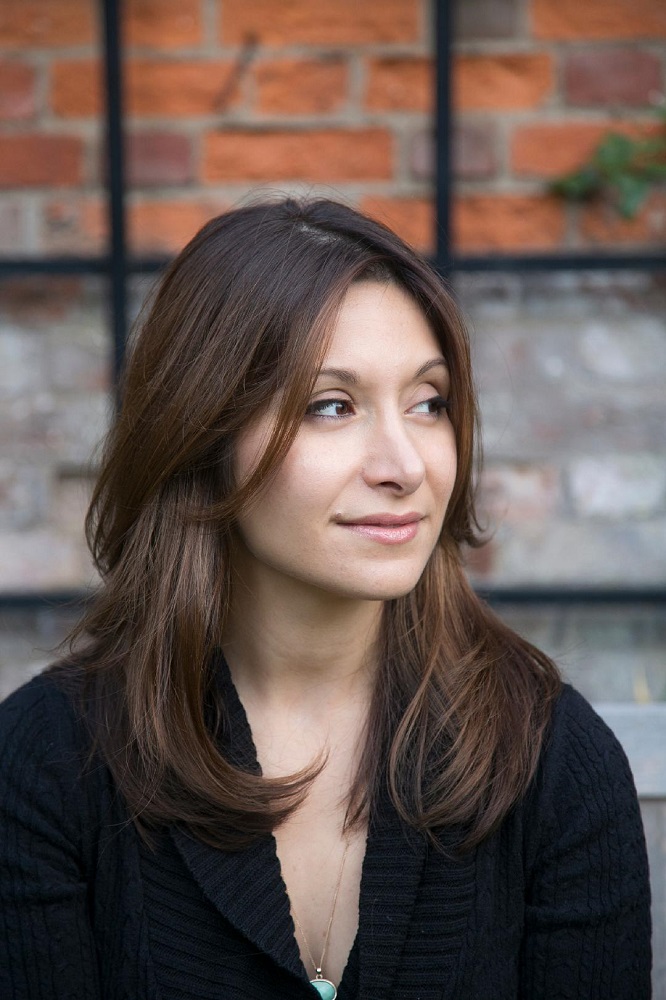 |
| photo: Anna Leader |
Iranian American writer Dina Nayeri is a 2019 Columbia Institute for Ideas and Imagination Fellow, and winner of the 2018 UNESCO City of Literature Paul Engle Prize and a National Endowment for the Arts grant (2015). Her work has been published in The O. Henry Prize Stories (2015) and in Best American Short Stories (2018). She lives in London. Her book of narrative nonfiction, The Ungrateful Refugee, was just published by Catapult Books.
On your nightstand now:
I'm reading Nervous States by William Davies because I want to understand what's happening to truth in our world. I'm reading Ocean Vuong's On Earth We're Briefly Gorgeous because I crave my own familiar immigrant details suffused with beauty and poetry. I'm reading Lewis Hyde's A Primer for Forgetting because I'm obsessed with the past, and Late in the Day by Tessa Hadley because she's one of the best living prose stylists and storytellers and is concerned with all the same shattering (but inevitable) life events that haunt me.
Favorite book when you were a child:
The Little Black Fish by Samad Behrangi is an Iranian storybook about a fish that goes looking for life and adventure outside its little pond. It was very subversive in post-revolutionary Iran. It passed as a children's book, but it was really about rebellion and change and courage.
Your top five authors:
Kazuo Ishiguro because he can inhabit any voice and finds undoings in the mundane. Marilynne Robinson because her language is rapturous and her observations heartbreaking. Tessa Hadley because she sees what her characters don't want seen with both kindness and brutality. Robert MacFarlane because he brings the physical world into sparkling light, forcing me to see things I would otherwise ignore. And he finds beauty in the darkest places. George Orwell because he dared to write ugly timeless truths about human nature.
Book you've faked reading:
In Search of Lost Time by Marcel Proust because.... hasn't everybody lied about this one? I'm working on it, though.
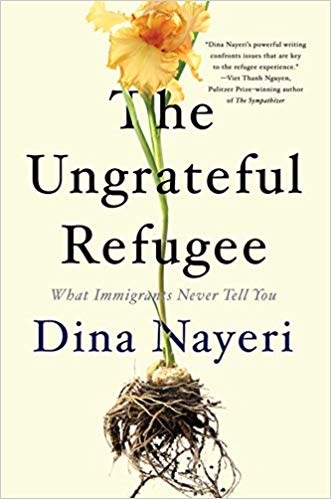 Book you're an evangelist for:
Book you're an evangelist for:
The History of Love by Nicole Krauss because it is funny and moving and free of cynicism. It's a story of two lonely people who come together, and it has a huge insatiable heart. It gives me hope about the power of storytelling. Also, The Year of Magical Thinking by Joan Didion because it is a healing book, and it helps me make sense of the long fog of grief.
Book you've bought for the cover:
I don't buy books for their covers, but I admit that if it hadn't been for the cover, I may have bought Underland by Robert Macfarlane on an e-reader. The hardback is such a thing of beauty. It's a work of art in itself. I have it upright on my shelf.
Book you hid from your parents:
I had a very thorough photographic sex book in college that I hid every time my mother came to visit. Luckily, I went to college across the country, so this wasn't a frequent problem. Plus, she was usually so horrified at the state of my dorm room that she spent the entire time cleaning and stocking my mini fridge. Man, I was a bad kid.
Book that changed your life:
The Remains of the Day by Kazuo Ishiguro. I read this book in business school just as I was realizing that I should be a writer. Ishiguro's work showed me what great stories can accomplish (and that it can be just as interesting to watch a moral dilemma forming in someone's heart as it is to debate the underlying questions). Ishiguro also taught me that the defining moments in our lives happen quietly, and that an honest voice is so much more powerful than impressive prose.
Favorite line from a book:
"To crave and to have are as like as a thing and its shadow. For when does a berry break upon the tongue as sweetly as when one longs to taste it, and when is the taste refracted into so many hues and savors of ripeness and earth, and when do our senses know any thing so utterly as when we lack it? And here again is a foreshadowing--the world will be made whole. For to wish for a hand on one's hair is all but to feel it. So whatever we may lose, very craving gives it back to us again." --Housekeeping, Marilynne Robinson
Five books you'll never part with:
If I could only have five books (for how long? forever? on an island?), I'd take the books that inspire me to keep writing. So, it would be craft books and other people's true stories, the books that subtly demonstrate how, as a writer and observer, you can bring a story to life using its most singular details, while honoring the truth of that story.
Art of Subtext by Charles Baxter
Reading Like a Writer by Francine Prose
Orwell's essay collection Facing Unpleasant Facts
Svetlana Alexeivich The Unwomanly Face of War
Lost in Translation by Eva Hoffman
Writing Life Stories by Bill Roorbach
Book you most want to read again for the first time:
Jhumpa Lahiri's Namesake, because I related so much with that particular life story--the Eastern immigrant who has become Americanized and lost the connection with his/her parents. Every page of that novel was a revelation. It was written so beautifully, paying so much attention to the small beauties of a life like my own, that it helped me shed a layer of my foreign-kid shame.
Book you were weirdly and inexplicably obsessed with as a teen:
Lord of the Flies by William Golding. I was so obsessed with how those boys went from civilized to barbaric to evil, and how each threshold was crossed. I had pages of notes and a copy full of annotations and I did so much biblical research, trying to figure out subtle references. It was a yearlong obsession. The key to understanding Dina is that I'm a weirdo with a dark side. I'm finally okay with that.
 After a year-long search for buyers, Dianne Edmonds and Jill Curcio have sold Linden Tree Books in Los Altos, Calif., to new owners Flo Grosskurth and Chris Saccheri.
After a year-long search for buyers, Dianne Edmonds and Jill Curcio have sold Linden Tree Books in Los Altos, Calif., to new owners Flo Grosskurth and Chris Saccheri.







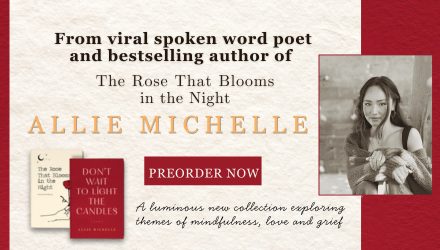
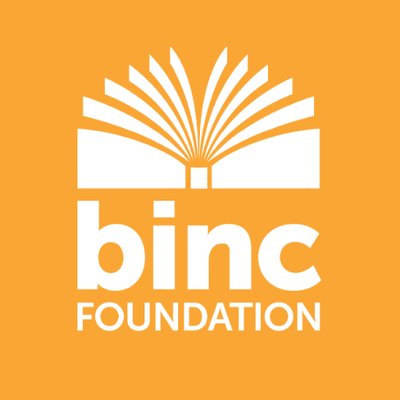 Congratulations to the
Congratulations to the 

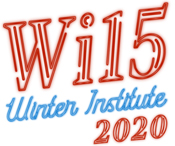 Among highlights of the
Among highlights of the 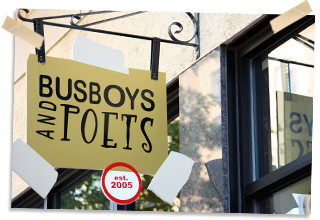
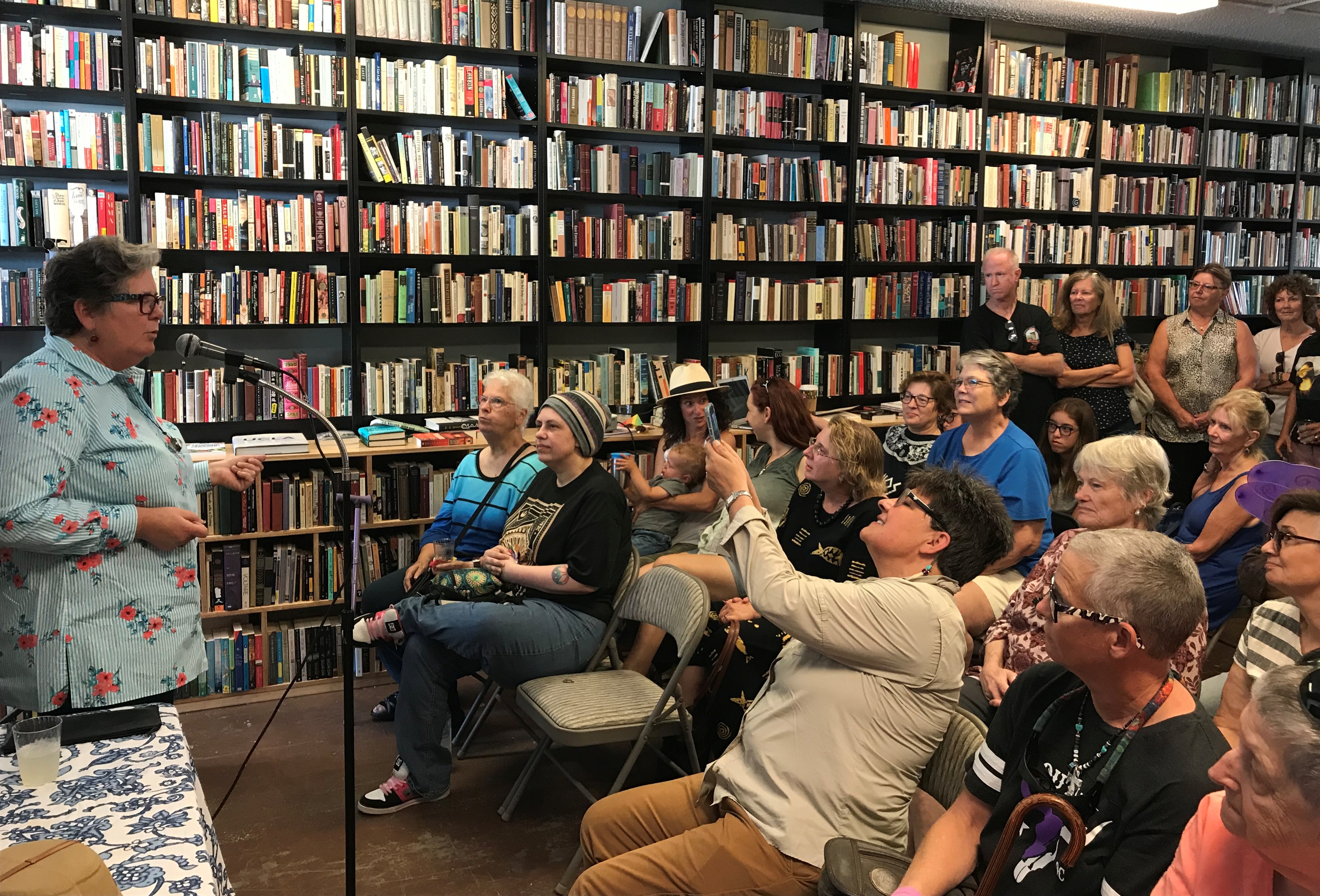
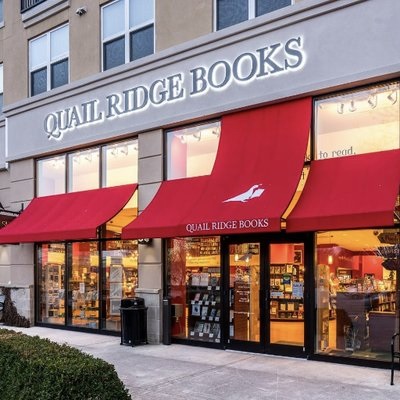 Congratulations to
Congratulations to 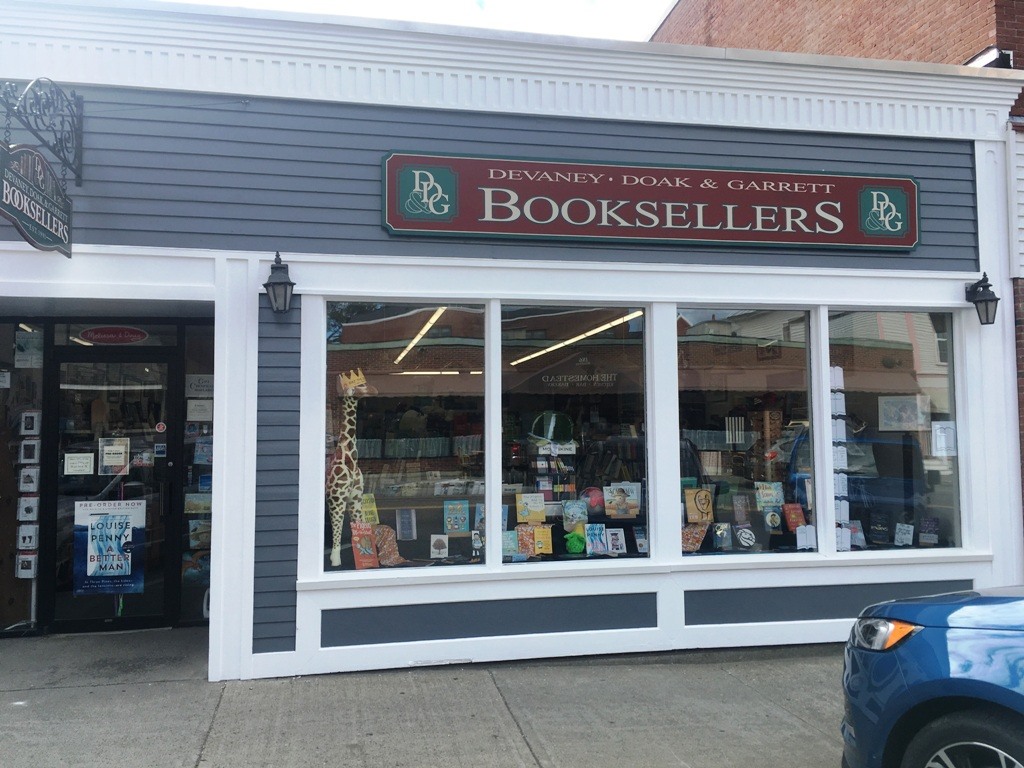
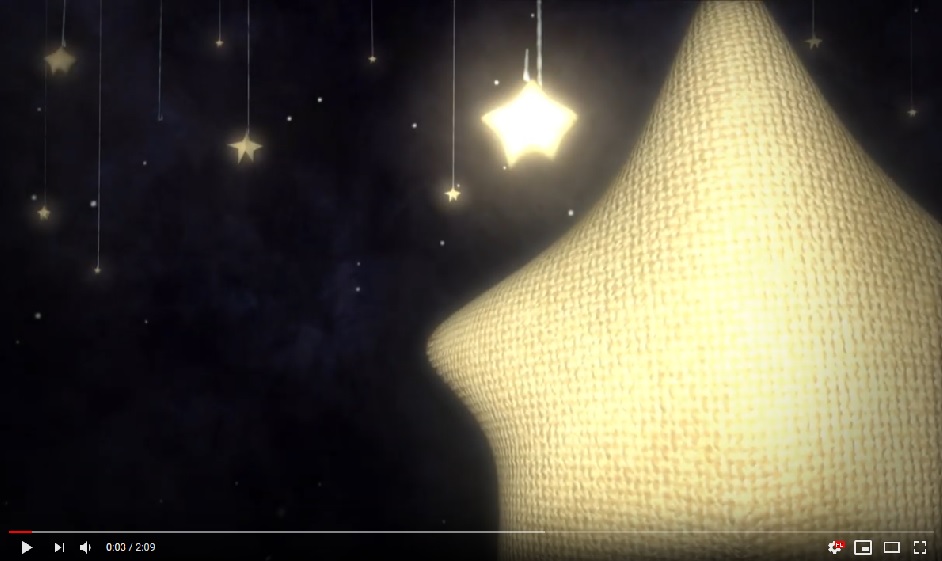 The Star Shepherd
The Star Shepherd
 Book you're an evangelist for:
Book you're an evangelist for: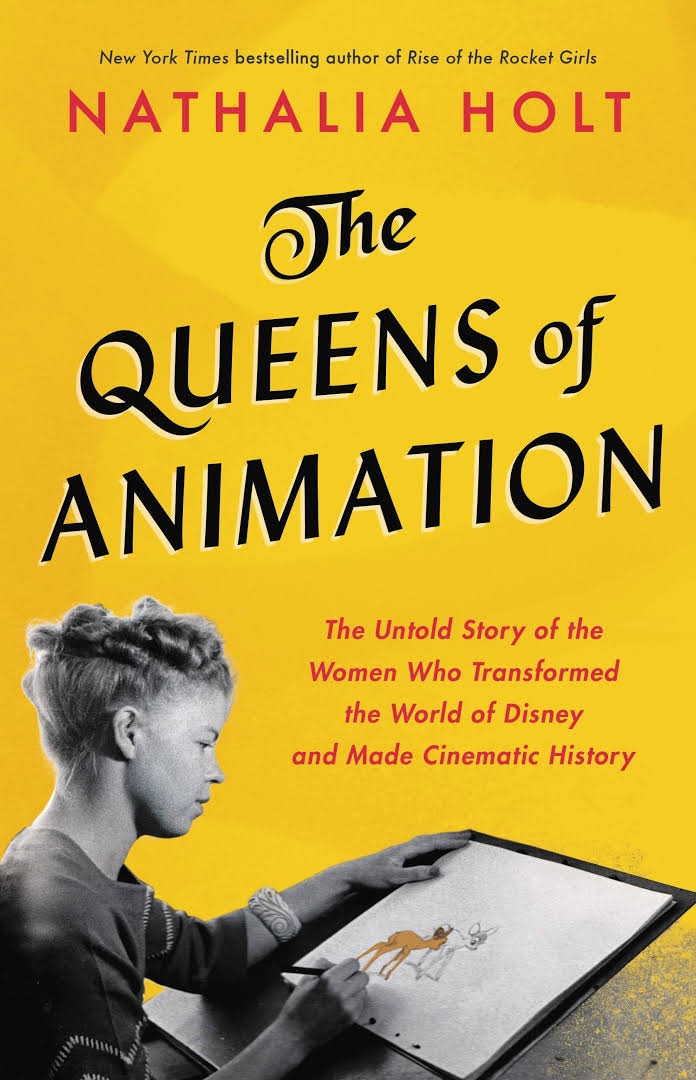 Sports, science, finance, entertainment--if followers of current events didn't know better, they would be sorely tempted to conclude that there is no field in which female workers haven't been shortchanged. Nathalia Holt's Rise of the Rocket Girls: The Women Who Propelled Us, from Missiles to the Moon to Mars did yeoman's work in the area of score settling, and now she delivers another reckoning: The Queens of Animation: The Untold Story of the Women Who Transformed the World of Disney and Made Cinematic History.
Sports, science, finance, entertainment--if followers of current events didn't know better, they would be sorely tempted to conclude that there is no field in which female workers haven't been shortchanged. Nathalia Holt's Rise of the Rocket Girls: The Women Who Propelled Us, from Missiles to the Moon to Mars did yeoman's work in the area of score settling, and now she delivers another reckoning: The Queens of Animation: The Untold Story of the Women Who Transformed the World of Disney and Made Cinematic History.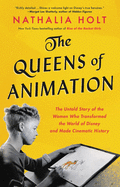
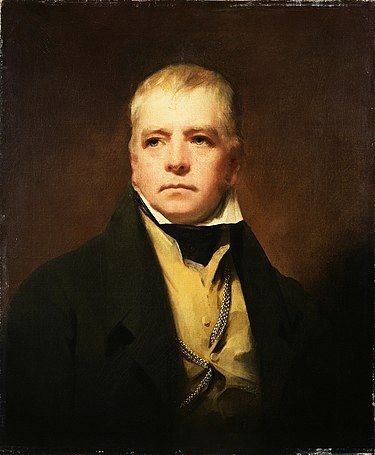
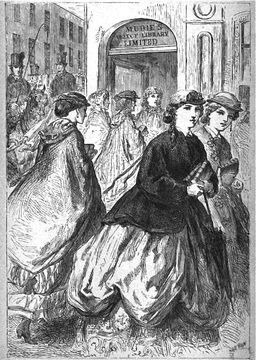 1880 (Cincinnati Enquirer): "The credulity of the reading public has been severely taxed in the past year by the claims of the 'Literary Revolution.' "
1880 (Cincinnati Enquirer): "The credulity of the reading public has been severely taxed in the past year by the claims of the 'Literary Revolution.' "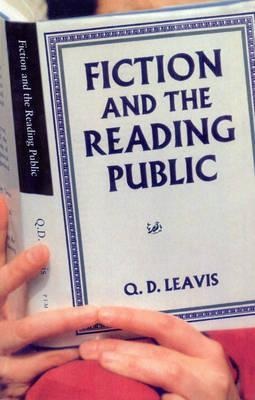 1983 (Philadelphia Inquirer) Art Buchwald on the ABA convention in Dallas, Tex.: "All in all it was a very successful book convention, and the reading public has a lot to look forward to this winter. Requited and unrequited passion, friendly and unfriendly computers, reincarnation with a British M.P., and hundreds of books on how to stick it to the IRS are just a few of the subjects that will be available on your booksellers' shelves in the fall."
1983 (Philadelphia Inquirer) Art Buchwald on the ABA convention in Dallas, Tex.: "All in all it was a very successful book convention, and the reading public has a lot to look forward to this winter. Requited and unrequited passion, friendly and unfriendly computers, reincarnation with a British M.P., and hundreds of books on how to stick it to the IRS are just a few of the subjects that will be available on your booksellers' shelves in the fall."